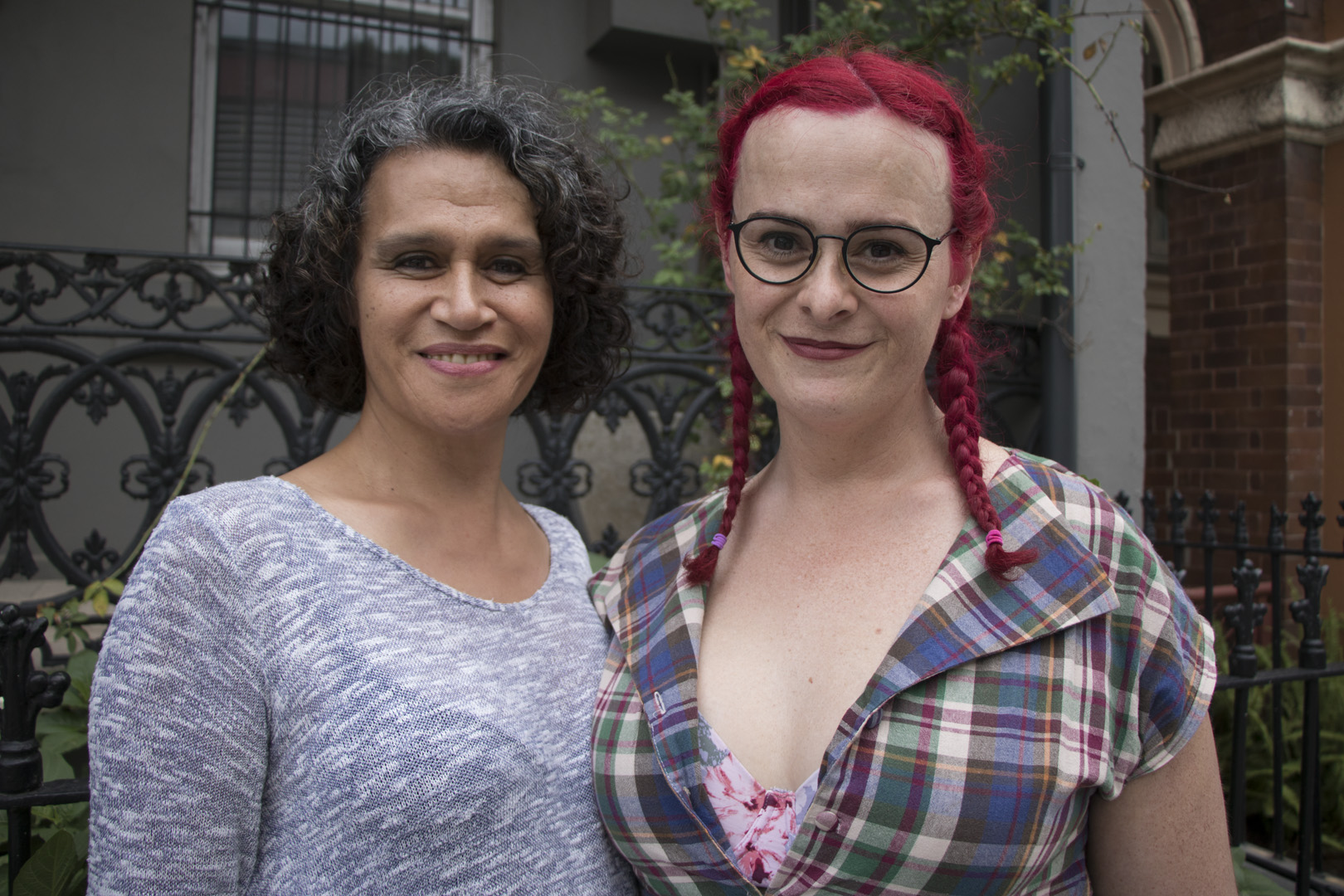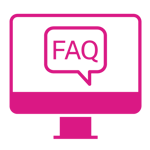- Home
- >Community support
- >Trans and gender diverse people
Information for trans and gender diverse people
This page provides breast cancer screening information for trans and gender diverse people. BreastScreen NSW is committed to ensuring that its services are inclusive and accessible.
A note on language: everyone has breast tissue, regardless of their gender. We understand that not everyone identifies with having ‘breasts’. We understand that some people find ‘breast’ a gendered word. We use the term ‘breast’ to refer to the tissue affected by breast cancer (breast tissue).
What are the risk factors for breast cancer?
The risk factors for developing breast cancer include:
- Personal and genetic factors (age and gender)
- Reproductive factors (giving birth decreases breast cancer risk)
- Lifestyle and environmental factors (e.g. smoking and drinking behaviours)
- Medical history and medications.
Trans and gender diverse people can also experience a unique set of factors that may affect their risk.
Having breast implants does not increase the risk of breast cancer. For more details, see our fact sheet on Breast Implants and Breast Screening.
For more information on the risk factors of breast cancer please visit the Cancer Australia website.
Early detection increases survival
If detected early, breast cancer can be a very treatable disease with a 98% survival rate.
Do trans and gender diverse people need a breast screen?
The below table outlines whether breast screening is recommended for you:
|
Trans women |
If you have been using gender-affirming hormones for 5 or more years, breast screening is recommended every 2 years from age 50–742668, or from the age of 40 if you are Aboriginal and/or Torres Strait Islander. If you have been using gender-affirming hormones for less than five years, or have not used gender affirming hormones at all, breast screening is not recommended.2668 |
|
Trans men |
If you have not had gender affirming chest surgery (top surgery), screening is recommended every 2 years from age 50–742669, or from the age of 40 if you are Aboriginal and/or Torres Strait Islander. If you have had gender affirming chest surgery (partial or double mastectomy), we suggest talking to your doctor about your individual breast cancer risk factors. These may include previous surgeries, hormone treatment, personal risk factors and family history of breast or ovarian cancer.2669 |
|
Non-binary and gender non-conforming people |
If you were presumed male at birth and have been using feminising gender-affirming hormones for 5 or more years, breast screening is recommended every 2 years from age 50–742668, or from the age of 40 if you are Aboriginal and/or Torres Strait Islander. If you were presumed male at birth and have been using gender-affirming hormones for less than five years, or have not used gender affirming hormones at all, breast screening is not recommended.2668 If you were presumed female at birth and have not had gender affirming chest surgery (top surgery), screening is recommended every 2 years from age 50–742669, or from the age of 40 if you are Aboriginal and/or Torres Strait Islander. If you were presumed female at birth and have had gender affirming chest surgery (partial or double mastectomy), we suggest talking to your doctor about your individual breast cancer risk factors. These may include previous surgeries, hormone treatment, personal risk factors and family history of breast or ovarian cancer.2669 |
Apart from breast screening (if recommended for you), it’s important to regularly check your breasts/chest for any changes.
Getting to know the normal look and feel of your breasts/chest is really important so that you can identify any unusual changes. To check for changes, look at and feel your breasts/chest regularly. If you notice any unusual breast/chest changes, you should see your doctor immediately rather than visit BreastScreen NSW.
For information on self-checking, learn more about signs and symptoms.
It is recommended that you regularly talk to your doctor about your personal risk factors and need for breast screening.
You may also want to explore the following

Thank you to Chantelle, Claire and ACON for allowing us to use this image.
More information
The Can We website, delivered by ACON in partnership with Cancer Institute NSW, contains more information about cancer prevention and screening for LGBTQ people.
Feedback
If you have any questions or suggestions to improve this information or our services, please call 13 20 50 or send us a message.



